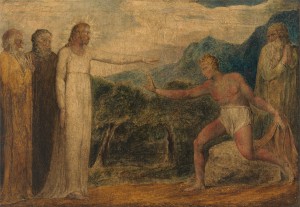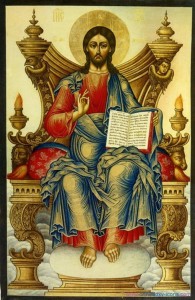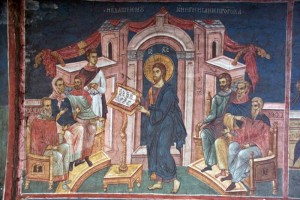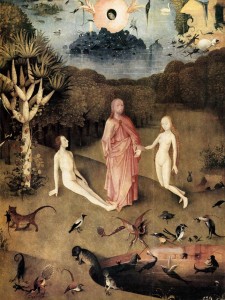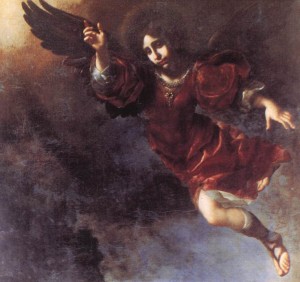We are moving to the end of the liturgical year quickly: November 22, in the Ordinary Form of the Mass, is the feast of Christ the King and the last Sunday of the year. The readings are all pointing to a deeper question as to whom do we belong and who is the source of our hope. For this 32nd Sunday of of the year we are reading Mark’s gospel (12:38-44) concerning the poor widow and the Temple and God’s faithfulness to us. Jesus notes not the widow’s generosity (responsibility) but her faithfulness to the promises of God because she knows deep-down that all things in life are sustained by God. Hers is a radical sense of gratitude.
Knowing and caring about the poor is a Christian way. How do we live with an attitude of abundance? Abundance, here, is more than material things. The Decree of Gratian taught: “Feed the man dying of hunger, because if you have not fed him, you have killed him.”
A reflection from St. Paulinus of Nola might help us to focus: “Remember the poor widow who forgot herself in her concern for the poor and, thinking only of the life to come, gave away all her means of subsistence…So let us give back to the Lord the gifts he has given us. Let us give to him who receives in the person of every poor man or woman. Let us give gladly, I say, and great joy will be ours when we receive his promised reward.”
